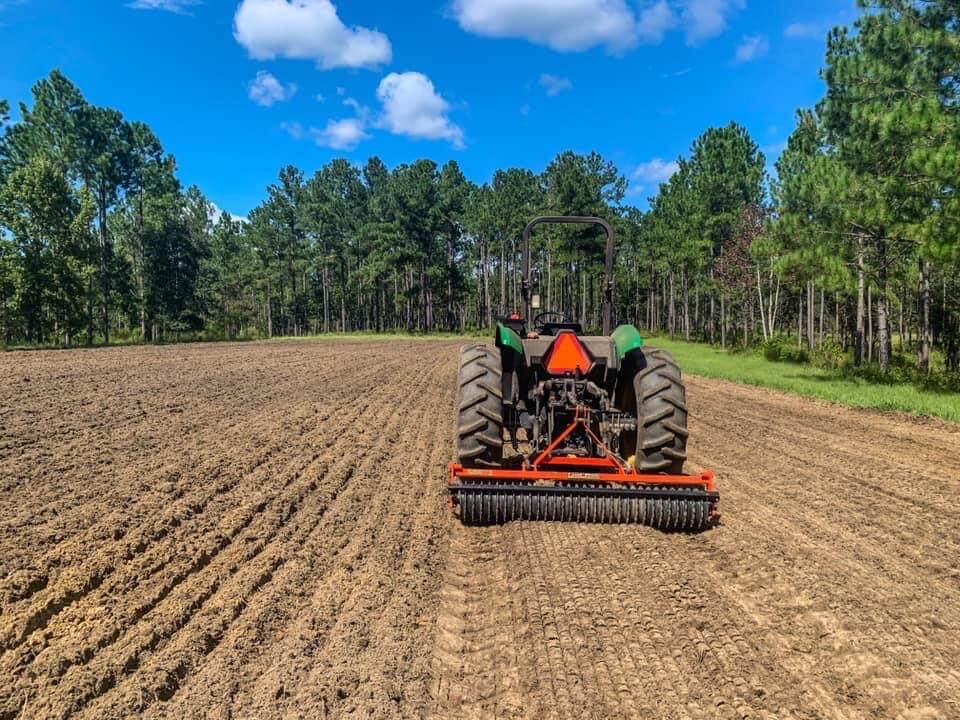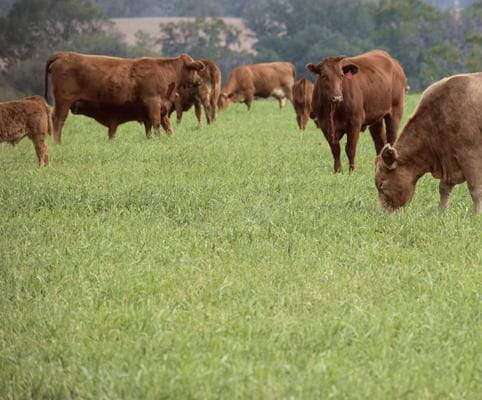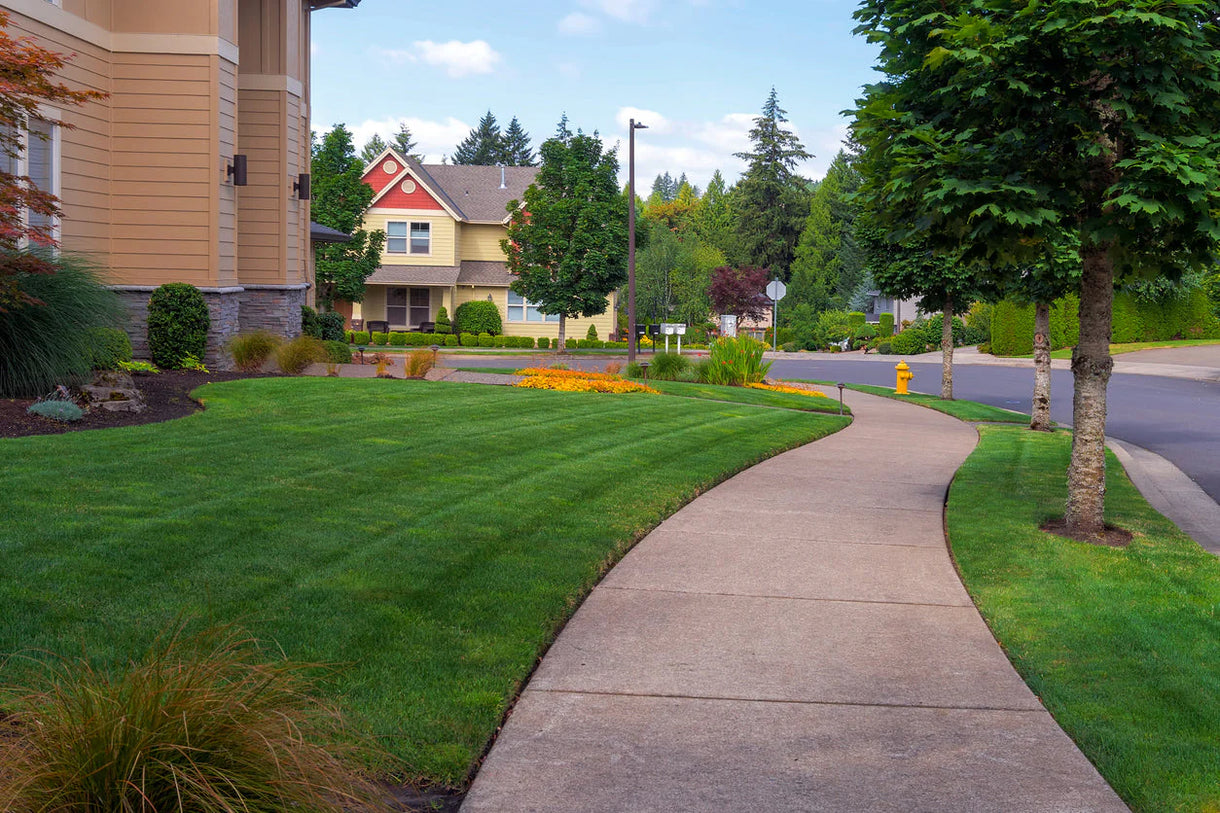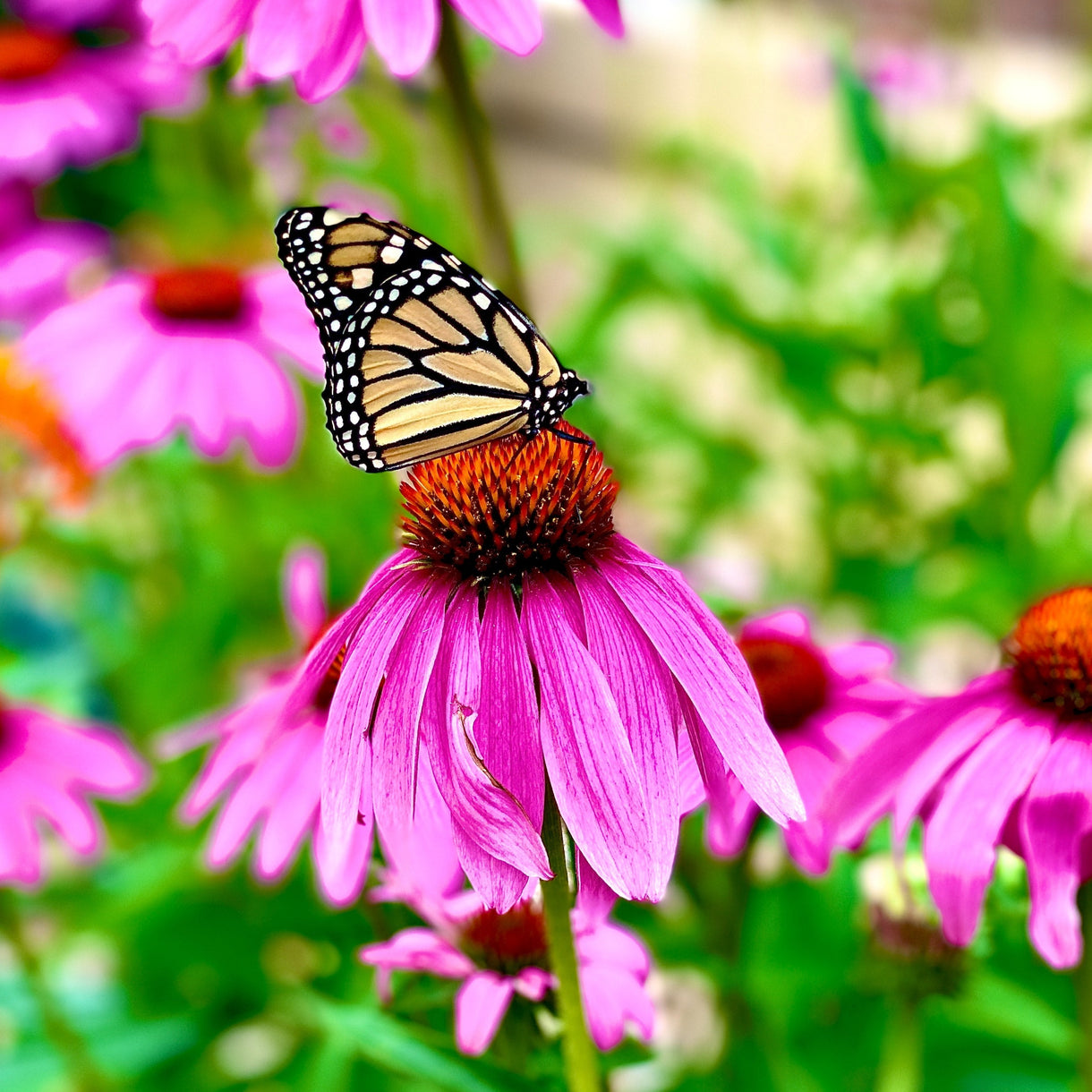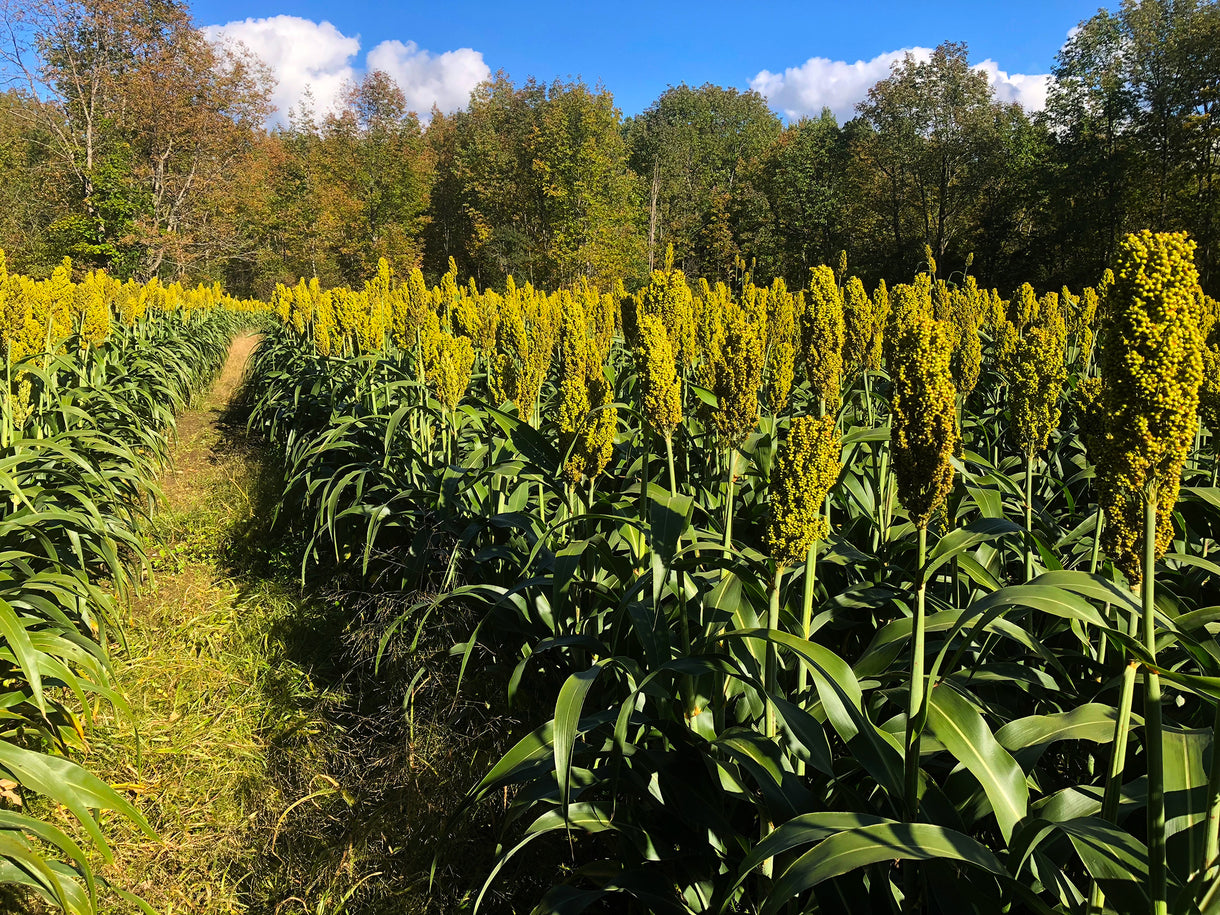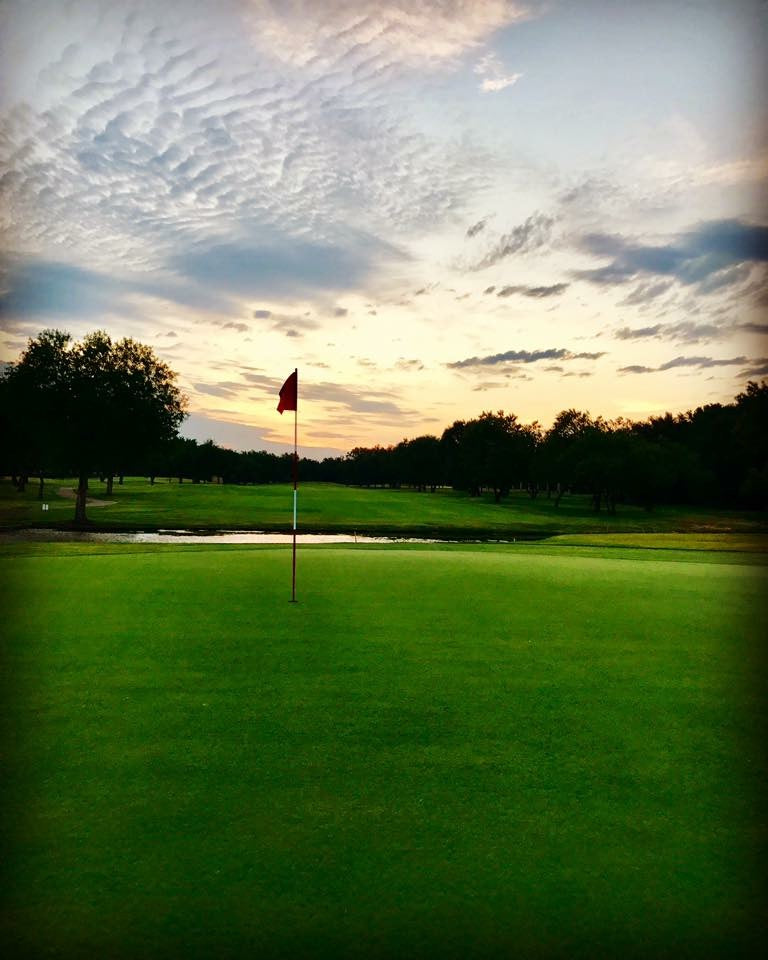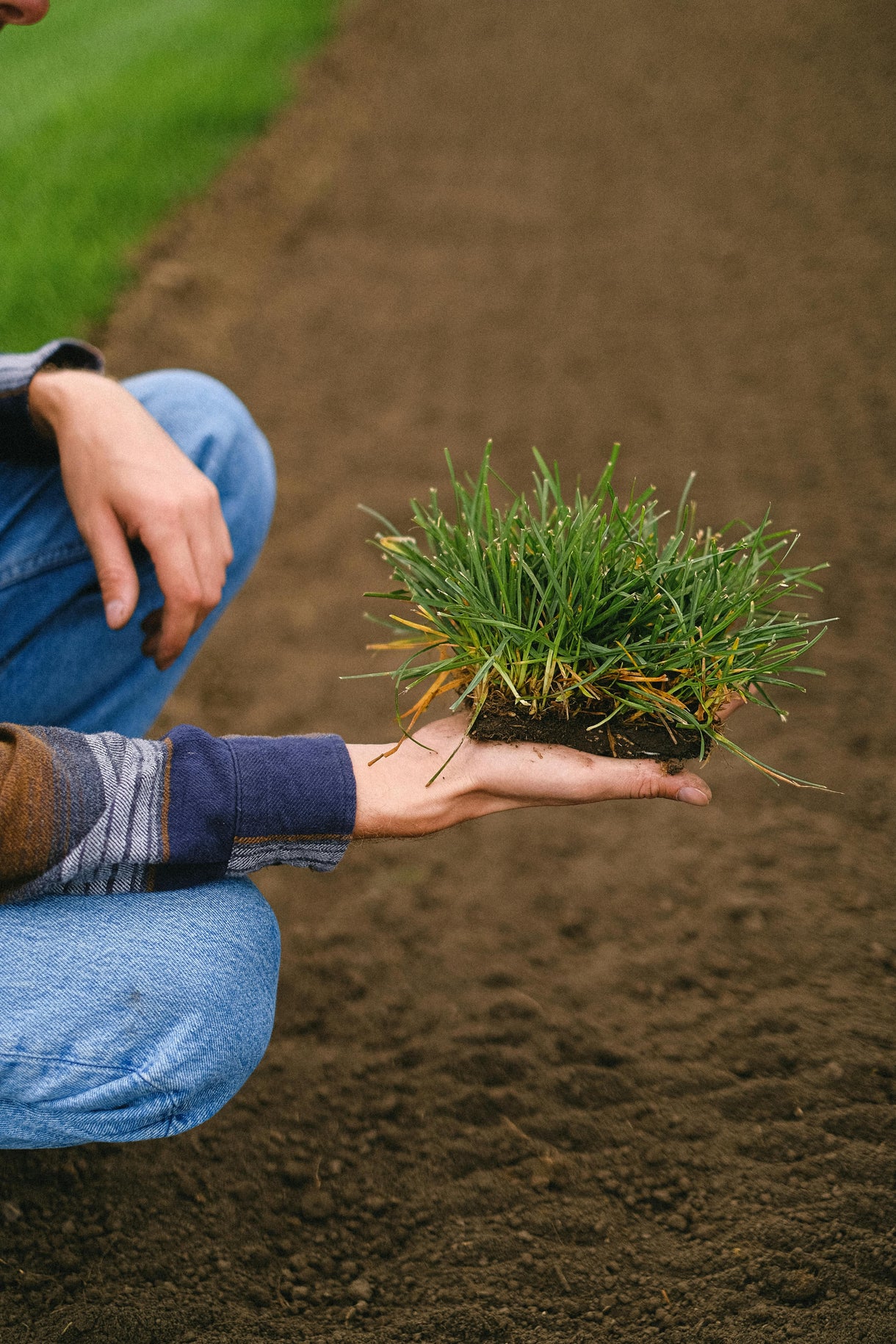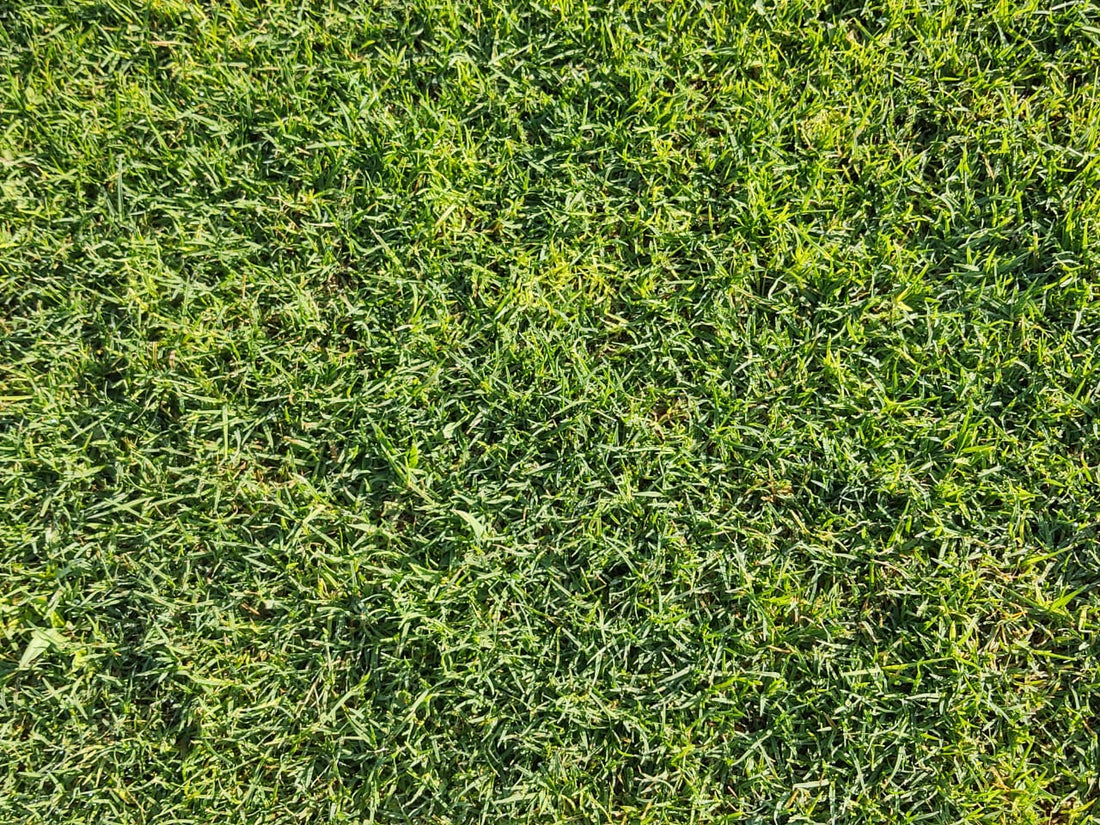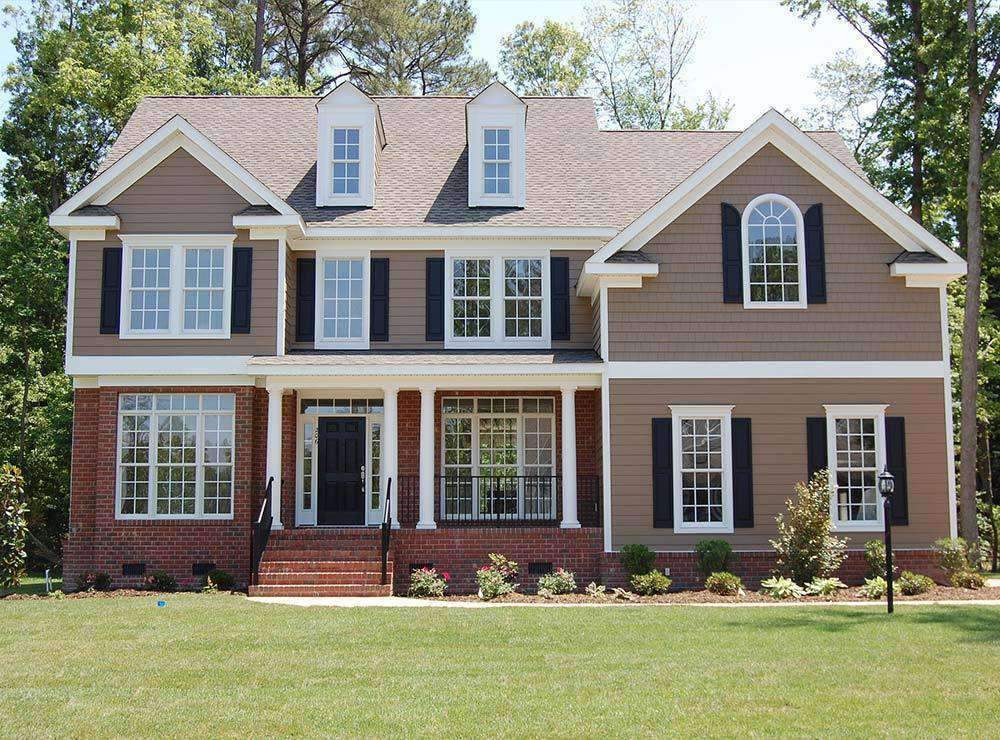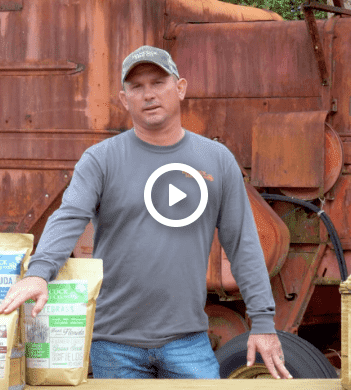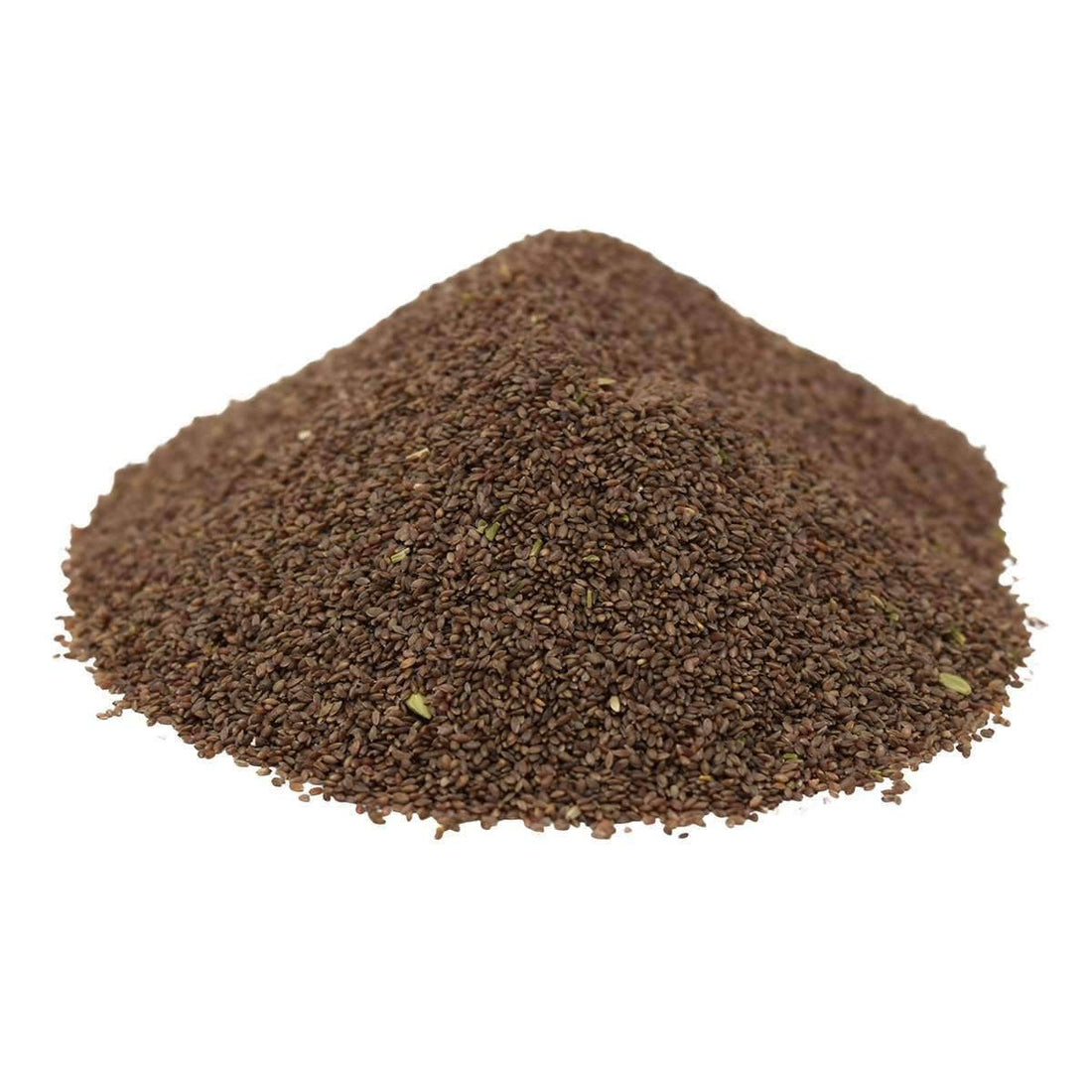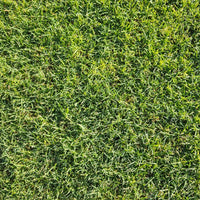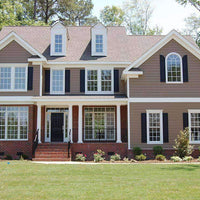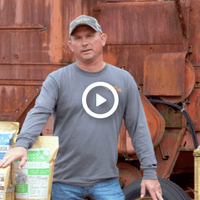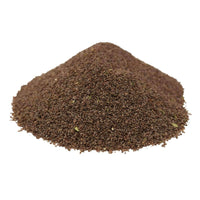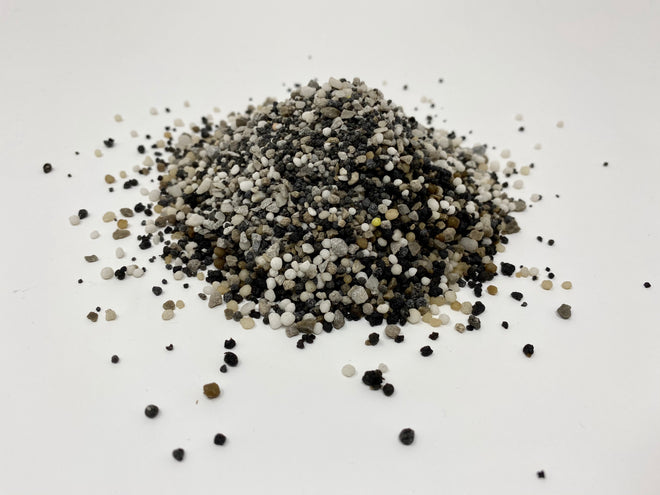Popular Products
Popular Products

Seed Quality
Hancock Seed is dedicated to delivering the best seeds possible to our customers. Hancock Seed grows and harvests many of our products, and we acquire the majority of the rest from other family farmers.
All these seeds are processed, packaged and shipped from Hancock Farm. This helps us ensure that our high standards are met. Unlike much of the competition, we refuse to sell you a seed that was not gathered during the last harvest. You will always receive fresh product from Hancock.
Every seed we grow comes with 40 years of experience behind it...you can rest assured that all of our products are cultivated in a method that assures its potential for growth.
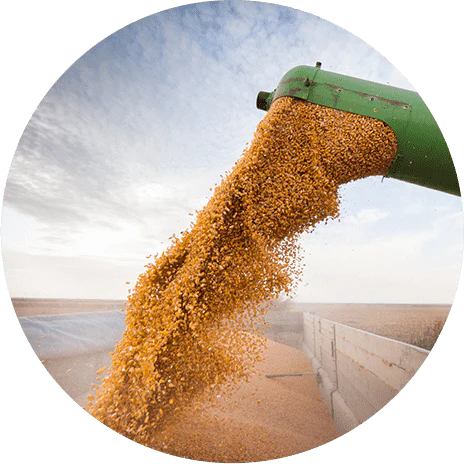
Your cart ( 0 )
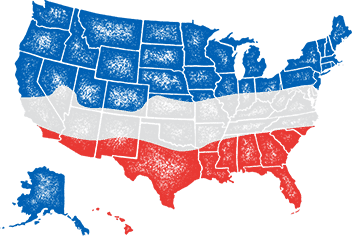
Hancock's Coated and Hulled Common Bermuda Grass Seed makes an excellent low-maintenance, drought-resistant lawn or pasture grass. Common Bermuda Grass is a crawling turf, with runners providing great traffic tolerance, wear-resistance and fine leaf texture with medium green color.
Product Information
- Application or Use: Lawn, Pasture, Livestock Grazing, Cattle Forage, Erosion Control, Cover Crop, Ground Cover
- Germination Time: 5 - 12 days, under optimal conditions
- Growing Locations: Warm Season & Transition Zone
- Height: Lawn – 1 - 3 inches or Pasture – 8 - 12 inches
- Sunlight Requirements: 8+ hours, full sun for best results
- Advantages: Extreme drought and traffic tolerance with moderate tolerance to soils with poor nutrient.
- When to Plant: Recommended planting time is spring and summer when nighttime temperatures are consistently 65+ degrees and 3 months prior to first frost.
Hancock's Coated and Hulled Common Bermuda Grass grows well in very sandy and poor soil types, where other grasses have trouble. Hancock's Common Bermuda Grass is commonly used for lawn, pasture, turf, erosion control, parks, and landscaping applications across the country.
This blend is both hulled and coated. Coated seed contains approximately 50% inert material per pound of seed. Seed coating promotes germination by retaining moisture around the seed, deterring birds from consuming the seed, and makes it easier to see after the seed has been spread.
HSC SKU#1082
Adaptation:
Hancock's Coated and Hulled Common Bermuda Grass Seed thrives in tropical regions, subtropical regions, and transition regions. This includes the states of Florida, Georgia, South Carolina, Alabama, North Carolina, Tennessee, Mississippi, Kentucky, Arkansas, Louisiana, Texas, New Mexico, Arizona, Southern California, and Hawaii.
Hulled Seed vs. Unhulled Seed
The process of hulling refers to the process of removing the outer shell of a Bermuda Grass seed. Hulled seed has no outer shell when sold to you, whereas Unhulled seed still has its outer covering. There are benefits to both methods, and you should consider which option makes the most sense for your situation before purchasing Common Bermuda. Hulled seed is much more efficient for planting, requiring much less seed per acre or 1,000 sq. ft. However, planting Hulled Seed also means you will need to adhere to a more specific planting time to ensure proper germination. Because of its extra layer of protection, Unhulled seed is more flexible, and it will germinate when conditions are good. Do not confuse "coating" and "hulling." Hancock Seed can add coating to either Hulled or Unhulled Seed in order to boost its germination rate. This will not detract from a seed's Hulled state.
Coated Seed vs Raw Seed
Coated seed contains a clay-based surrounding shell that increases moisture retention and helps to reduce insect or fowl consumption. Coated seed contains approximately 50% coating weight, or inert weight, per pound of seed. Coated Hancock's Common Bermuda Seed (Coated and Hulled) is also easier to see after it is applied. Raw seed features no fillers, coatings, or treatments.
Rave Reviews
It's no secret why Hancock's Common Bermuda Seed (Coated and Hulled) is so popular. The answer is "because it works"! Here are a few of our favorite reviews from clients who have planted Hancock's Common Bermuda Seed (Coated and Hulled):
"I had a tornado shelter installed in my back yard and the backhoe did a lot of damage to my sod," writes Rockford Miller. "I evaluated on re-sodding my back yard, or planning grass seed. I purchased winter rye blend with Bermuda seed. The rye did perfect and the Bermuda exploded the following Spring. My shelter developed a crack and had to be dug out. There was no question on what I was going to do about fixing my lawn. I ordered this product and have applied it to my yard. A simple web search help me find Hancock Seed. I can't say enough about this product. Hands down great quality. Thank you for making a quality product."
"I previously lived in North Carolina and I am familiar with Bermuda grass—you can't kill it," writes Rick B. "Now in North Central Florida, I am remediating about half of my 1/4 acre yard, which was overrun with weeds when we moved in about a year ago. I decided on Bermuda grass for the sunny areas and Centipede grass for the sun/shade areas. So far, compared to another big box store Bermuda grass seed product, Hancock's seed has done much better. The key is faithful watering twice daily (unless rain takes care of that) and lots of patience. Weeds are coming up also but eventually I hope the Bermuda grass crowds it out. Not at all like northern cool season grass seed which pops up in no time. Hancock's customer support has been superior! Thank you Hancock Seed."
"Packaging great, shipping Speed Good," says John R. "Germination, been down 3 weeks now just starting to see some sprouts. Tilled yard and prep ground prior to seeding apply with spreader going right-left and up down."
"Tilled yard and amended soil with lime and fertilizer," reports William K. "Hancock says you can expect to see germination in as little as seven days but I was seeing it around day five. Good product will buy again and worth the money."
*Product packaging may appear different than what is pictured.
Lawn Applications
For new lawns, plant 1-2 lbs. of seed per 1,000 sq. ft.
For lawn fertilization, apply 5-10 lbs. of 16-04-08 slow release fertilizer per 1,000 sq. ft., four times a year (late Spring, mid-Summer, late Summer, and early Fall) for the first two years. Apply 5 lbs. per 1000 sq. ft. two times (mid-Summer, and late Summer) a year after a fully-established lawn has been accomplished.
Pasture Applications
For new pastures, plant 15-30 lbs. of seed per acre. For erosion areas, plant 25-50 lbs. per acre.
For pasture fertilization, apply 250-350 lbs. of 16-04-08 slow release fertilizer per acre, three times a year (late Spring, mid-Summer, and early Fall). Animals that are grazing will damage the Bermuda grass if the pasture is not properly fertilized annually. The grass must be provided with adequate nutrients to compete with the animals.
Instructions
When choosing to start a new lawn, remove old vegetation by using a de-thatcher, power rake or tiller to kill the existing vegetation. Rake or drag the area to remove debris and dead grass for a clean area. Ensure the soil is leveled and loosened to allow the seed to have good soil contact once spread on a clean seed bed.
If you have an area with heavy weed coverage, we recommend starting fresh by killing and removing the existing vegetation. If you choose to use chemicals, herbicides or fertilizers, you must check with the product's manufacturer prior to planting new seed to ensure the proper waiting period.
When overseeding an existing area, mow your lawn at the lowest setting and bag the clippingsx. Rake or drag any areas that have dead thatch or debris.






